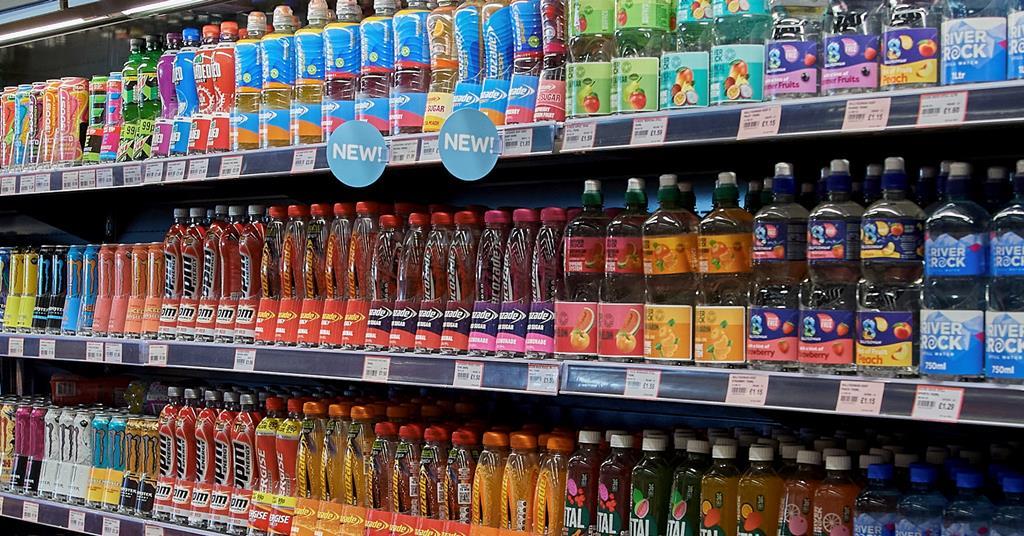Introduction
Whether you’re stocking a café, supermarket, or distribution hub, one of the most important decisions you’ll make is how to source your beverages. Do you go with drink wholesalers who offer convenience and variety? Or do you partner directly with producers for control and pricing? This guide breaks it all down, so you can make the best decision for your B2B food and drink business.
Understanding the Basics
Before jumping into the pros and cons, let’s define both models clearly:
- Drink wholesalers purchase beverages in bulk from multiple producers and sell them to retailers or foodservice businesses.
- Direct producers are manufacturers or brands that sell their drinks directly to B2B buyers without going through an intermediary.
Why Sourcing Strategy Matters
Your sourcing method directly affects pricing, inventory control, flexibility, and even customer satisfaction. Choosing the wrong path could lead to delays, waste, or lost profits. Choosing the right one? That’s how you gain a competitive edge.
Product Variety: Who Offers More?
Wholesalers typically offer a wide catalog of beverages—from carbonated soft drinks to specialty health beverages. This variety allows you to test different products or stock a diverse selection without the hassle of managing multiple supplier relationships.
Direct producers usually focus on their own product lines:
- Great for building a strong identity
- Limited in scope
- More in-depth expertise on the specific product
Pricing Models: Which Is More Cost-Effective?
At first glance, direct producers may seem cheaper because you’re buying straight from the source. However, wholesalers benefit from bulk discounts and economies of scale, which can bring prices down even further.
In most cases, it’s not just about the price of the product—it’s about the total cost, including:
- Logistics and shipping
- Storage and handling
- Minimum order requirements
Delivery and Logistics: Who’s More Reliable?
Wholesalers often have established logistics systems. They’re set up to deliver quickly, often offering:
- Flexible order sizes
- Consolidated shipments
- Wide regional or national coverage
Direct producers may lack advanced logistics infrastructure, especially small or niche brands. This can lead to:
- Delayed deliveries
- Limited service zones
- Complex shipment tracking
Supplier Relationships and Communication
Wholesalers serve as a one-stop-shop, but they may not give you direct access to manufacturers. Resolving product issues can involve more back-and-forth.
With direct producers, you build closer relationships. This allows:
- Personalized communication
- Product feedback opportunities
- Easier collaboration
However, managing multiple suppliers can add to your workload.
Order Flexibility: Bulk vs. Customization
- Wholesalers: Offer mix-and-match flexibility across categories, ideal for businesses with varied or seasonal demand.
- Direct producers: Often require larger, uniform orders and fixed packaging formats.
If you’re just starting or have space limitations, wholesalers might suit your needs better.
Sustainability and Transparency
If traceability and sustainability are priorities, direct producers often win. You get insights into sourcing, ethics, and eco-friendly practices.
Still, many modern wholesalers now highlight sustainable sourcing, especially in categories like organic beverages and low-waste packaging.
Time and Operational Efficiency
- Wholesalers: Save time with bundled shipments, single invoices, and simplified procurement.
- Direct producers: Require more time to coordinate, negotiate, and manage multiple logistics processes.
If your goal is to streamline day-to-day operations, wholesalers often provide better efficiency.
Scalability Considerations
As your business grows:
- Wholesalers can scale quickly, meeting larger or more frequent orders without compromising delivery.
- Direct producers may face constraints in production capacity or shipping capabilities.
Consider your long-term volume needs when choosing.
Market Access and Innovation
Wholesalers offer wide exposure to:
- Local and international products
- Trend-driven items
- Broad price ranges
Direct producers, however, may:
- Launch new items earlier
- Offer exclusivity to select buyers
- Share more behind-the-scenes innovation insights
So, Which One’s Best for You?
If you prioritize variety, flexibility, and time savings, working with drink wholesalers could be your best move.
But if your business thrives on unique products, tight brand relationships, and full control, sourcing directly from producers might give you that edge.
In reality, many successful B2B businesses use a hybrid model—leveraging wholesalers for core inventory and supplementing with direct producer relationships for niche or premium items.
Conclusion
Your sourcing strategy should align with your business size, operational needs, and growth plans. There’s no universal answer—but by understanding the trade-offs, you can build a supply chain that truly supports your goals.
Fuel your business with top-tier food and beverage supplies—discover smarter sourcing today on ThokMandee!
FAQs
1. Can small businesses benefit more from wholesalers or direct producers?
Small businesses often benefit from wholesalers due to flexible orders and lower logistics demands.
2. Are prices always better when buying directly from producers?
Not always. Wholesalers can negotiate bulk deals that make their prices highly competitive.
3. What’s the biggest risk of working with direct producers?
Longer lead times and stricter MOQs can be risky if your demand fluctuates.
4. Can I switch between wholesalers and direct producers easily?
Yes, many businesses experiment with both models to find what works best at different stages.
5. How can I evaluate if a supplier is reliable?
Look for reviews, consistency in delivery, communication quality, and transparency in their sourcing practices.



